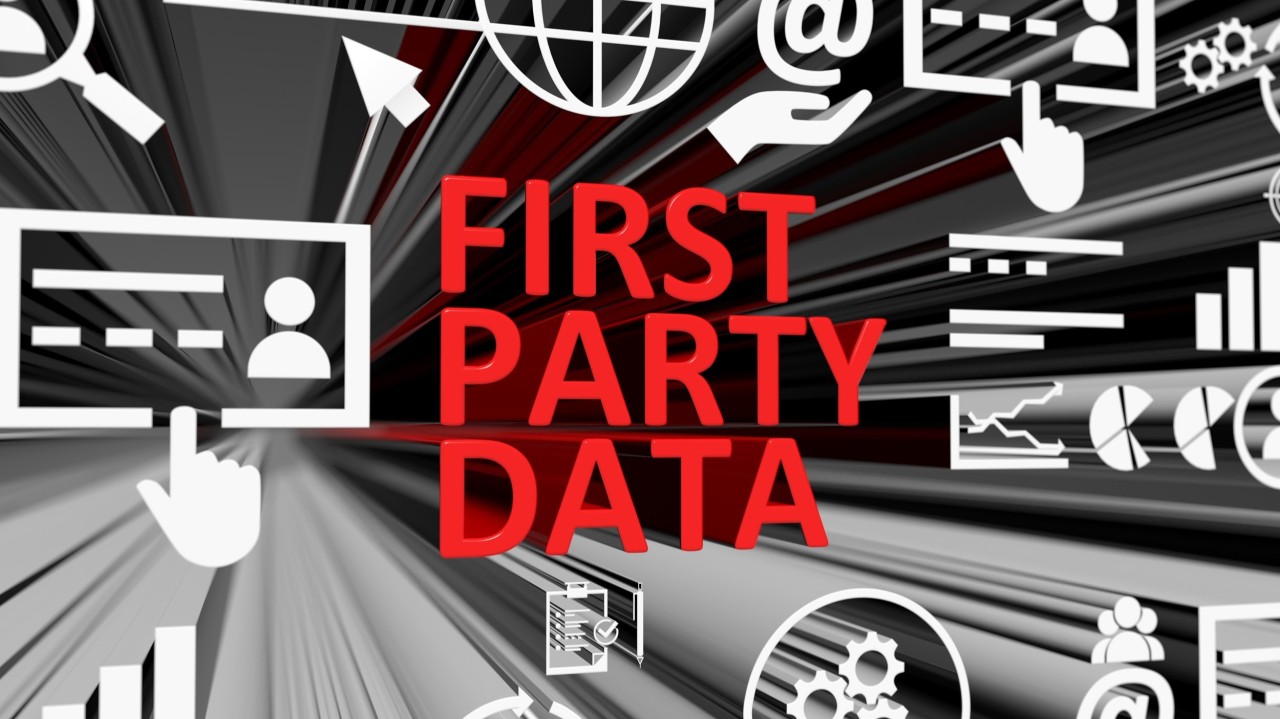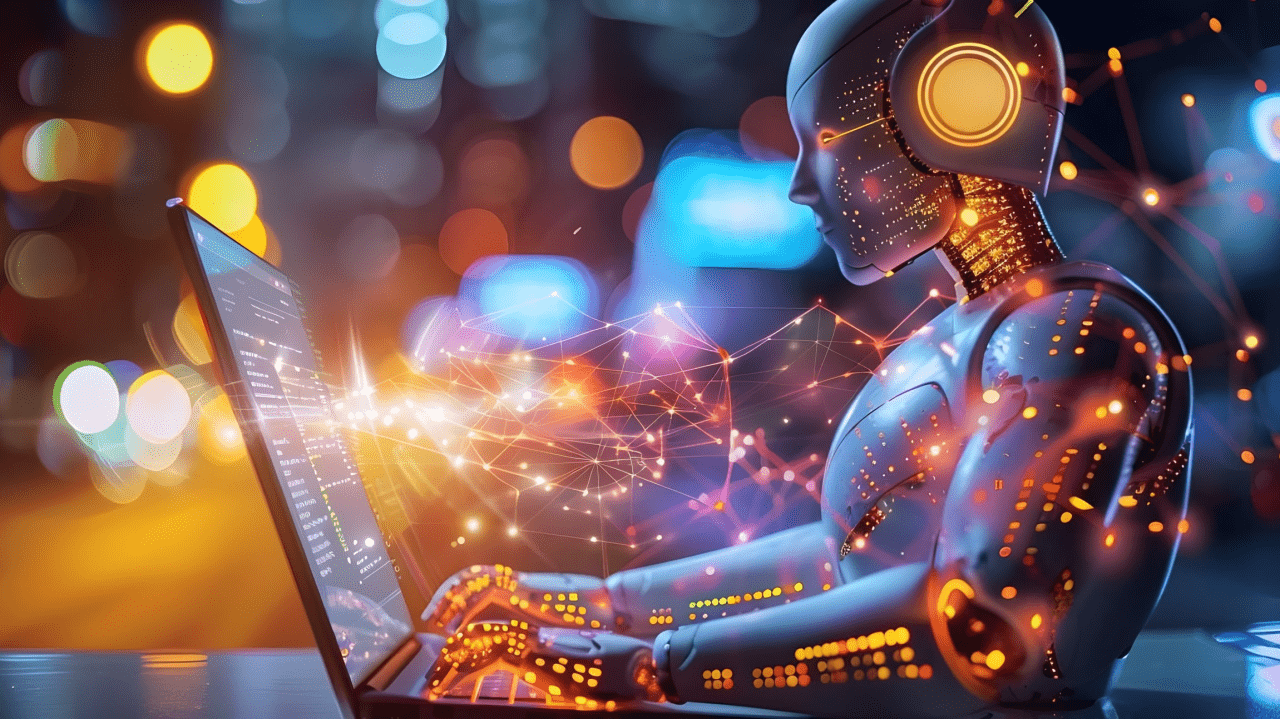News
The Future of SEO: How Artificial Intelligence is Redefining Search Algorithms
Search Engine Optimisation (SEO) has long been the cornerstone of any robust online marketing strategy, guiding how businesses attract and retain digital traffic. However, the rapid advancement of Artificial Intelligence (AI) is revolutionising SEO, compelling marketers to rethink their strategies and adapt to new paradigms.
This article delves into how AI is reshaping search algorithms and the implications for the future of SEO, with a particular focus on the UK digital marketing landscape.
The Evolution of SEO: A Brief Overview
To understand the future trajectory of SEO, it’s essential to appreciate its historical context. SEO emerged in the mid-1990s, coinciding with the rise of early search engines like AltaVista and Yahoo. Initially, SEO was a relatively straightforward practice, primarily involving keyword stuffing and backlink farming to achieve higher rankings.
As search engines evolved, so did their algorithms. Google’s introduction of PageRank in 1998 marked a significant shift, prioritising the quality and relevance of backlinks over sheer quantity. Over the years, Google’s algorithm updates, such as Panda, Penguin, and Hummingbird, have increasingly emphasised content quality, user experience, and semantic search.
Artificial Intelligence in SEO
Artificial Intelligence, particularly machine learning, is transforming the way search engines operate. Google’s AI algorithm, RankBrain, introduced in 2015, was a pivotal development. RankBrain uses machine learning to understand and process search queries, improving the relevance of search results by interpreting the user’s intent rather than relying solely on keyword matches.
In 2019, Google further advanced its AI capabilities with the introduction of BERT (Bidirectional Encoder Representations from Transformers). BERT enhances Google’s understanding of natural language, enabling the search engine to grasp the context and nuances of search queries more effectively. This shift from keyword-centric to context-centric search signifies a monumental change in how SEO must be approached.
How AI is Redefining Search Algorithms
AI’s integration into search algorithms is redefining SEO in several key ways:
1. Enhanced User Intent Understanding
One of AI’s most profound impacts on SEO is its ability to understand user intent better. Traditional search algorithms focused heavily on keyword matching. AI, however, can analyse the context behind a search query, offering more relevant results. This shift means that content creators must focus on creating comprehensive, high-quality content that addresses user intent rather than merely targeting specific keywords.
For instance, if a user searches for “best restaurants in London,” AI can distinguish whether the user is looking for fine dining, casual eateries, or specific cuisine types, and tailor the search results accordingly.
2. Personalised Search Results
AI allows for highly personalised search experiences. Machine learning algorithms analyse user behaviour, search history, and preferences to deliver customised search results. For businesses, this means understanding their target audience on a deeper level and creating content that resonates with specific user segments.
In the UK, for example, a study by Econsultancy found that 93% of companies see a lift in conversion rates from personalisation efforts. This underscores the importance of personalisation in SEO strategies influenced by AI.
3. Voice Search and Natural Language Processing (NLP)
The rise of voice search, powered by AI and NLP, is another game-changer. Devices like Amazon’s Alexa, Google Home, and Apple’s Siri are becoming increasingly popular, leading to a surge in voice-activated searches. According to a report by GlobalWebIndex, 27% of the global online population is using voice search on mobile devices.
Voice search queries are typically longer and more conversational than text-based searches. SEO strategies must adapt by focusing on long-tail keywords and natural language content that mirrors how people speak.
4. Visual Search
Visual search, facilitated by AI, is also gaining traction. Tools like Google Lens allow users to search using images rather than text. This development necessitates a new approach to SEO, where optimising images with relevant metadata, alt text, and high-quality visuals becomes crucial.
5. Automated Content Creation and Optimisation
AI-powered tools are now capable of generating and optimising content. For example, platforms like GPT-3 (Generative Pre-trained Transformer 3) can create human-like text based on given inputs. These tools can assist in producing high-quality content at scale, optimising it for SEO by analysing data trends and predicting user needs.
6. Predictive Analysis
AI’s predictive capabilities enable marketers to anticipate trends and adapt their SEO strategies proactively. By analysing vast amounts of data, AI can predict which keywords, topics, and content types will be popular in the future. This foresight allows businesses to stay ahead of the competition by targeting emerging trends early.
The Implications for Digital Marketers
The integration of AI into search algorithms has profound implications for digital marketers. Adapting to these changes is crucial for maintaining and improving search rankings in an increasingly competitive online environment.
Content Quality and Relevance
With AI prioritising user intent and context, the emphasis on high-quality, relevant content is greater than ever. Digital marketers must invest in creating comprehensive, informative, and engaging content that addresses the needs and queries of their target audience. This involves conducting thorough keyword research, understanding user personas, and focusing on content that provides genuine value.
Technical SEO and User Experience
Technical SEO remains vital in the AI-driven landscape. Ensuring fast page load times, mobile-friendliness, and a secure browsing experience (HTTPS) are fundamental. Moreover, user experience (UX) design plays a critical role in retaining visitors and reducing bounce rates, which are factors AI algorithms consider when ranking pages.
Embracing New SEO Practices
Digital marketers must stay abreast of emerging SEO practices driven by AI advancements. This includes optimising for voice and visual search, leveraging AI tools for content creation and analysis, and employing predictive analytics to stay ahead of trends.
Challenges and Ethical Considerations
While the integration of AI in SEO offers numerous benefits, it also presents challenges and ethical considerations.
Data Privacy
AI relies heavily on data to function effectively. This raises concerns about data privacy and security. Businesses must ensure they are compliant with data protection regulations, such as the UK’s Data Protection Act and the General Data Protection Regulation (GDPR). Transparency in how user data is collected, stored, and utilised is crucial for maintaining trust.
Algorithmic Bias
AI algorithms are only as good as the data they are trained on. If the training data is biased, the algorithms can perpetuate and even amplify these biases. This can lead to unfair and discriminatory practices in search results. It’s imperative for developers and marketers to be vigilant about potential biases and strive for fairness and inclusivity in their AI applications.
The Human Element
While AI can significantly enhance SEO strategies, it is not a replacement for human creativity and judgement. The human element remains essential in understanding complex user behaviours, cultural nuances, and ethical considerations that AI may not fully grasp. A balanced approach that combines AI-driven insights with human expertise is likely to be the most effective.
The Future of SEO: What to Expect
As AI continues to advance, the future of SEO promises to be even more dynamic and challenging. Here are some trends and developments to watch:
1. Increased Automation
AI will continue to automate many aspects of SEO, from keyword research and content creation to link building and performance tracking. This automation will free up time for marketers to focus on strategic planning and creative initiatives.
2. Greater Emphasis on User Experience
User experience will become even more critical in SEO rankings. AI algorithms will increasingly prioritise websites that offer seamless, intuitive, and engaging user experiences. This includes everything from site design and navigation to content quality and interactivity.
3. Integration of Augmented Reality (AR) and Virtual Reality (VR)
As AR and VR technologies become more mainstream, they will likely be integrated into search engines and SEO strategies. For example, businesses might optimise their content for AR experiences, such as virtual tours of real estate properties or interactive product demonstrations.
4. Ethical AI Practices
As awareness of AI’s ethical implications grows, there will be a stronger focus on developing and implementing ethical AI practices. This includes addressing biases, ensuring transparency, and prioritising user privacy and data security.
5. Evolving Search Behaviour
Search behaviour will continue to evolve, influenced by technological advancements and changing user preferences. SEO strategies will need to adapt to these shifts, focusing on emerging search trends and technologies.
The future of SEO is undeniably intertwined with the advancements in Artificial Intelligence. As AI continues to redefine search algorithms, digital marketers must embrace these changes, leveraging AI’s capabilities to enhance their SEO strategies. By focusing on high-quality content, personalised user experiences, and ethical AI practices, businesses can navigate the complexities of the AI-driven SEO landscape and achieve sustainable online success.
In the UK, where digital marketing is a vibrant and competitive field, staying ahead of the curve is particularly crucial. As statistics indicate, companies that effectively utilise AI in their SEO strategies can expect significant benefits, including higher conversion rates and improved user engagement. Embracing the future of SEO means embracing AI, with all its potential and challenges, to create a more effective, ethical, and user-centric digital marketing landscape.





The Ultimate Social Media Guide
With the ever-growing power of social media, we use the latest techniques, video, and animation software to craft eye-catching social media assets that make your brand pop. Our designers, wielding Adobe Creative tools, create distinctive animations and graphics to illuminate your brand story and highlight your products or services. Want a unique design? No problem – we also offer bespoke designs to match your brand aesthetic.